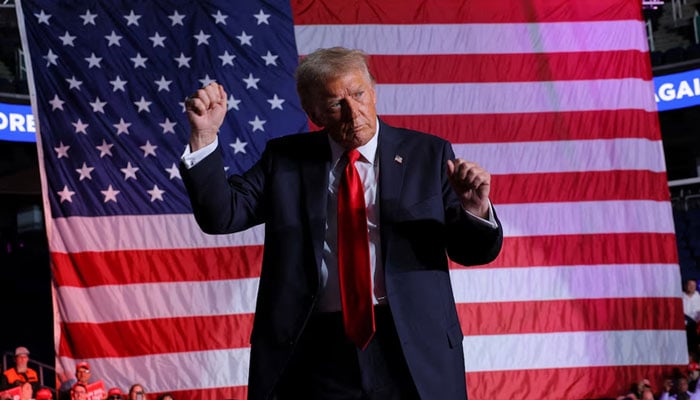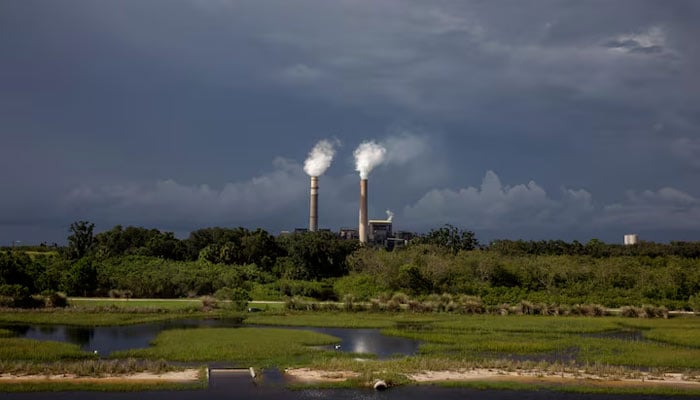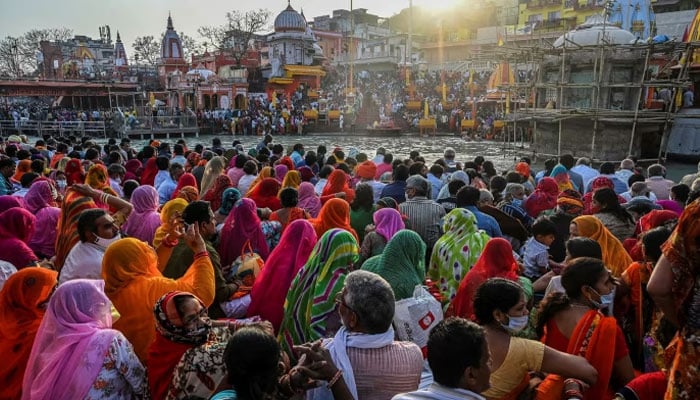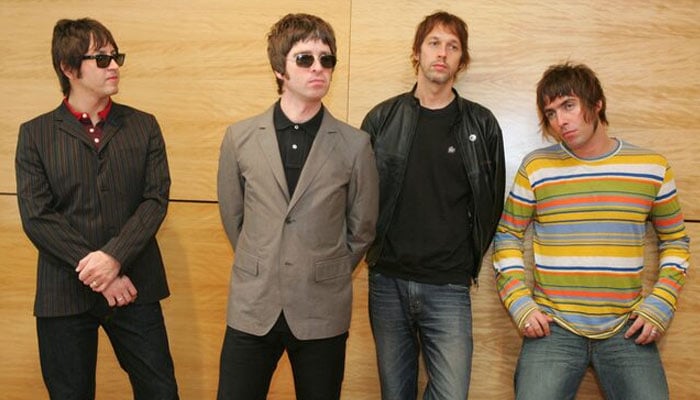Five things to watch in 2025

From the second stint in the White House for Donald Trump to a turbo-charged football calendar, here are five things to watch in 2025:
Trump 2.0
In the days after his convincing win in the US presidential election, Donald Trump named several of his nominees to form his future cabinet at the White House, ahead of his inauguration on January 20.

With a list including vaccine sceptic Robert F Kennedy Jr as health secretary and Elon Musk co-heading a department of government efficiency, there is concern at what a second Trump term could mean for the United States, and the world.
His swearing-in ceremony in front of the US Capitol in Washington will see Joe Biden, 82, passing the mantle to Trump, who at two years his junior would become the oldest US president in history by the end of his four-year term.
Climate
Could 2025 be the year when our greenhouse gas emissions stop their steady climb around the world?
Researchers are pointing to signs from the world’s biggest polluter China, responsible for 30% of global emissions, where fossil fuel carbon dioxide emissions are projected to tick up only marginally this year.

Glen Peters, of the Global Carbon Project, says overall CO2 emitted by burning coal, oil and gas across the world could peak in the next few years.
This carbon pollution is the main driver of increasingly dangerous climate change.
But even if there is a peak, Ignacio Arróniz Velasco, of the E3G think tank, said countries cannot afford to “relax”, and should then quickly decrease their emissions to aim for carbon neutrality.
Football frenzy
Can there be too much of a good thing? In 2025 the question of football overkill and player burnout will likely dominate amid a supercharged calendar.
There is the expanded 32-club Club World Cup awaiting players in the summer, when usually they would have had time to recover from national leagues.
And this coming after a particularly busy season that sees a much-anticipated extended Champions League — the leading European club competition — in a new format.

All this is part of a trend in football to ramp up the number of high-profile matches — the next World Cup in 2026 will welcome a whopping 16 more countries, resulting in 104 games rather than 64.
The spectre of Saudi Arabia will also loom large as the host of the 2034 World Cup pumps more money into the game, with potentially transformative consequences.
Other controversies likely to cause sparks include the continued use of VAR technology, currently locked in a love-hate relationship with players, fans and pundits.
Kumbh Mela
The largest gathering of humanity on the planet will take place from January 13 to late February with tens of millions showered in rose petals and holy ash at a spectacular Hindu festival on India’s sacred riverbanks.

Classified by UNESCO as intangible cultural heritage, the mega-festival known as the Kumbh Mela takes place every three years.
The venue alternates between four holy places, in the waters of the Ganges and Yamuna rivers, considered among Hinduism’s most sacred.
In 2025 it will happen in the northern city of Prayagraj. The last time the festival took place there, in 2013, it drew 120 million people.
Oasis and BTS comebacks
On the one side, the grisly bad boys of Britpop, on the other the fresh-faced darlings of K-Pop.
Both Oasis and BTS are set to return in 2025, much to the delight of their fans, after stints off the stage for very different reasons.

Led by the Gallagher brothers Liam and Noel, Oasis will return after a high-profile bust-up in 2009 — one of many — led to a 15-year split.
The band behind “Wonderwall” and “Champagne Supernova”, songs that achieved anthem-like status in the 1990s, go on a world tour kicking off in Britain and Ireland then heading to North and South America.

In the initial scramble to buy tickets from official sites, many fans who missed out sought alternative sources — leading to a landslide of ticket scams.
It will be a very different vibe in South Korea, where wildly popular K-Pop boy band BTS promises to reunite in June after its members finish their mandatory military service.
It is the comeback millions of fans and an entire multibillion dollar industry has been waiting for.
Experts say the megastars’ return to performance and public life could lift South Korea’s cultural exports juggernaut even higher.




